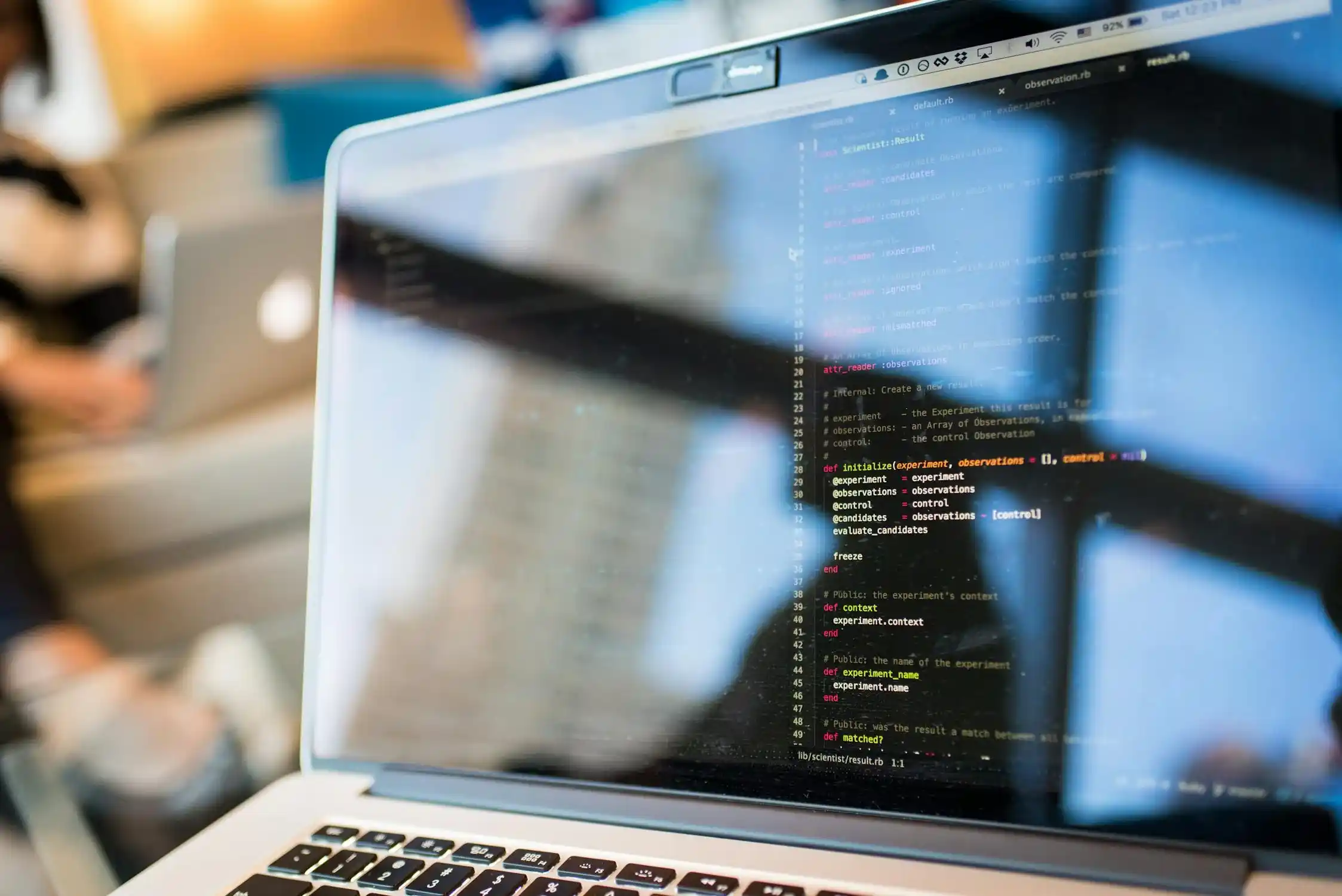
-
Posted By Editorial Staff
-
-
Comments 0
The internet is a critical part of our lives in the heartbeat of the digital world. We depend on the Internet for work, entertainment, communication, and personal finance. The more users associated with this medium of communication, the more attacks online. Internet safety has never been of greater importance. Internet security is the term given to the measures, tools, and protocols that are put into use to keep your online identity–and information about you–safe when you access the internet. These threats can include anything from hacking attempts to malware infections, and even identity theft or financial fraud. Here, we will talk about the significance of internet safety and why it protects you from digital threats.
Table of Contents
ToggleEscalating Cybercrime Risk
There is a great opportunity the internet offers but there are also significant risks. Digital systems are increasingly becoming the target of new cybercriminal tactics. They may be individuals, big and small businesses, or even nations, some attacks have their target set on crippling entire industries. Some of the popular cyber threats are:
Phishing Attacks: Cybercriminals send fake emails, websites, or messages to lure people into recognizing details such as passwords, credit card numbers, and even social security information.
Malicious Software: such as viruses, worms, and ransomware can infiltrate your device leading to data loss or system failure, and financial damages sometimes.
Data Breaches: Hackers infiltrate databases and get personal and financial information for illegal use.
DDoS Attacks: Using Distributed Denial of Service assaults, websites or web-based services are intentionally overloaded and crashed with each other.
The absence of web security can cause a catastrophe because of these threats. Cybercriminals can use your personal data to blackmail you, shoot malware on your devices, or harm the reputation and finances of your company.
How you are protected by Internet Security
Repeatedly, the internet has stood tall as one of many protective barriers against these online attacks. Both individuals and organizations need to employ measures for securing their activities over a common platform. Here are a few major aspects of internet security that keep you secure:
Data Protection and Privacy
In a world where so much personal and financial data is shared online, protecting your information from outsiders should be a top priority. Internet security tools, such as encryption, help to ensure the privacy of your communications and transactions by preventing interception and being unable for cyber criminals to perform their evil deeds. Using SSL and having encrypted communication (when the website address reads “https”) provides an extra layer of protection but be careful!
Safe Browsing
The internet is a dangerous place with hundreds of websites out there trying to take advantage of every vulnerability your browser or OS has. Thus, a secure web browser will complement antivirus solutions — installing software from websites that attempt to do so is considered as a malware infection. Internet security can also block harmful ads or pop-ups that could be a way to phishing or scam sites.
Identity Theft Protection
Identity theft is among the most serious threats on the Internet. Q: What do cybercriminals gain from phishing and other forms of email scams? They are essentially trying to gather your details, for example; social security number, bank account details, log-in back doors, or security codes. Security measures online, such as two-factor authentication (2FA) and strong password policies, also make it difficult if not impossible for thieves to get their hands on our sensitive data so your identity can be stolen.
Protection for Online purchases
Given that online shopping, banking, and investing continue to grow in popularity, securing financial transactions ranks at the top of priorities. Internet security locks your financial information with encryption, and the use of secure payment gateways protects you from fraudsters. In addition, security software that receives regular updates captures and prevents phishing where fake messages lure you into handing over sensitive payment information.
Business Protection
Internet security is even more important for businesses. Such cyberattacks can cause information leaks, money loss, and loss of brand trust. Business-critical information can be protected by implementing firewalls, encryption, and secure cloud storage that do not have inherent security issues. In addition, providing employee training on best internet security practices can avert accidental breaches caused by employees.
Also read about MySDMC SSO
Conclusion
There is no bonus feature about internet security, it is your need. With the increase in digital risks, you must protect your personal information center, privacy, and online purchases. But with the right internet security practices, you can shield yourself from these increasingly frequent cyber crimes by using up-to-date software and being aware of current threats. Internet security is an easy investment for both individuals who want to keep their personal information safe and organizations that need to protect themselves from potential attacks too.





